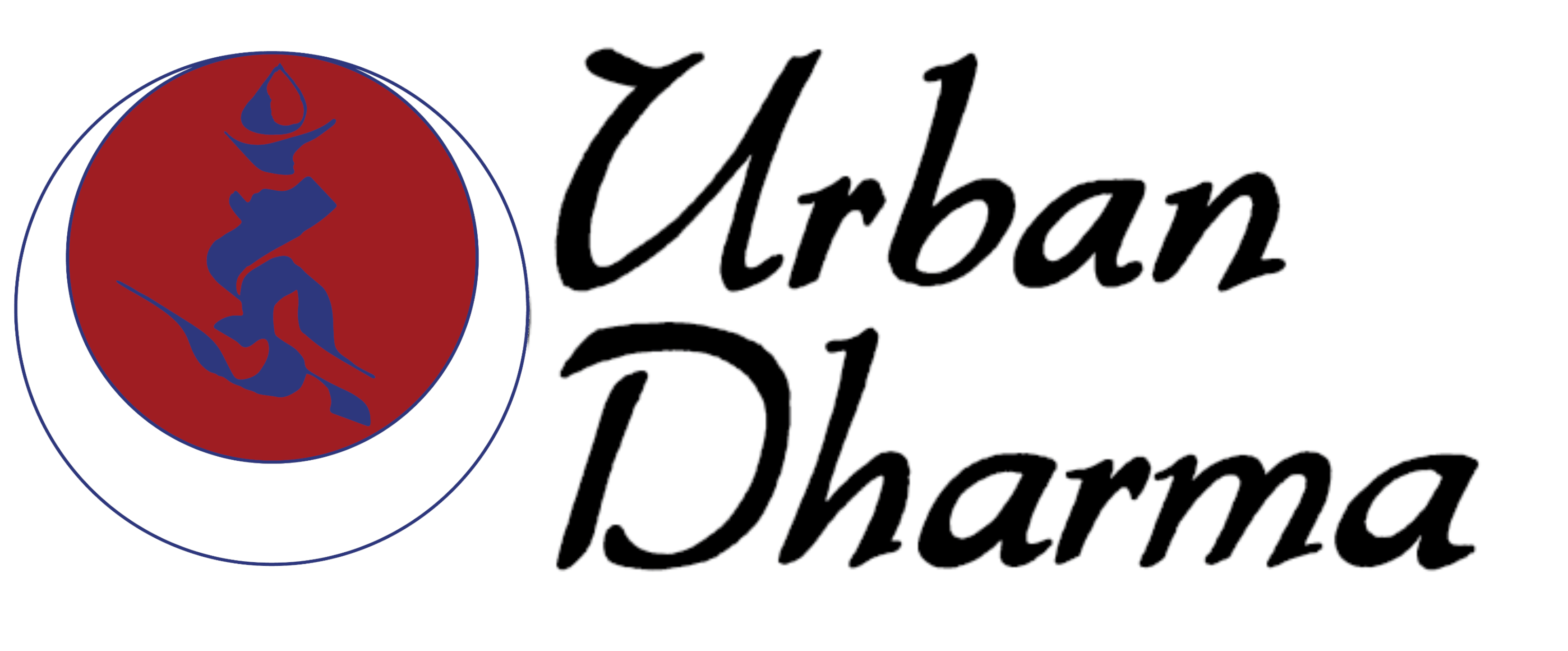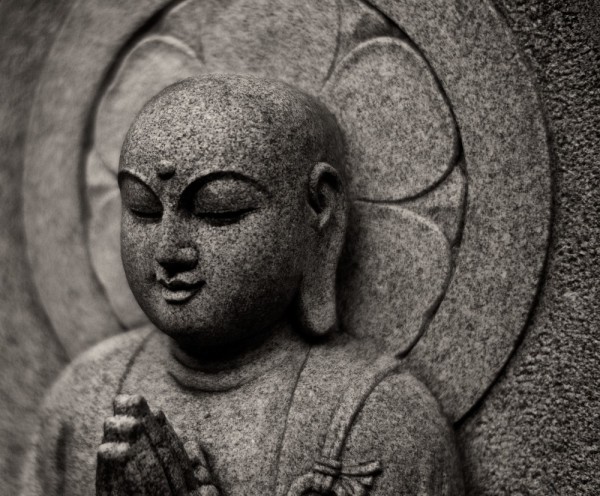Big Ideas (Ian P.)
One of the ways humans make sense of the world is by telling stories—to ourselves, about ourselves, about others. About where we came from and where we’re going. All too often, our focus on story—our insistence that there is one and that it go a certain way—interferes with our ability to experience reality directly.
We’re usually the hero of our life stories, though we sometimes think of ourselves as the villain, or a minor character in someone else’s Odyssey. Whatever role we assume, it’s almost always out of proportion, as the ego, crying out for attention, creates scenario after scenario to justify its existence and reassert its needs.
In his commentary on Geshe Chekawa’s lojong slogans, Chogyam Trunpga calls this “authoring absurd, nonexistent things,” and reminds us, “you are not any of your big ideas.”
No matter what our “big ideas” are—that we’re saving the day or spoiling it; that we’re crucial to our organization’s success or just another cog in the machine; that we can change the world by applying sufficient will power or that our works are empty, uninspired and as insignificant as dust—they only serve to obscure the dharma.
Remembering that we’re both none of these and also more complex than thoughts of “I am important” or “I am useless” frees us of the burden of expectation such labels, proclamations, and assumptions create. In that freedom, we are open, and can relate to others from a position of sanity.
Not being our big ideas is more profound than the contemporary “spiritual” notion of “living in the now,” though mindfulness practice is certainly a part of developing the capacity for freedom. Rather, it’s about cultivating a life that ensures the desires and instincts that stem from an overblown sense of self—which is both cause and effect of our life stories—never trample the rights of others.
We’re not unsuspecting set pieces with prearranged life stories, waiting to see how it all turns out. What we have is life, messy and unpredictable, and the responsibility and joy of living it lucidly as it unfolds.
[IAN wants us to know: I first found my way to Buddhism in my teens, via Gary Snyder and Philip Whalen, and studied it in college, but didn’t really start practicing until 2005. “Nondenominational” is maybe just a fancy way of saying I’ve yet to find a sangha, but I’m influenced by both Chögyam Trungpa and Eihei Dōgen, and am most interested in the humanist aspects of Siddhartha’s teachings. Off the cushion (but is there even such a thing???), I run, surf, bake bread, write fiction, work in water, and have a brand-new baby boy.]
Read More


